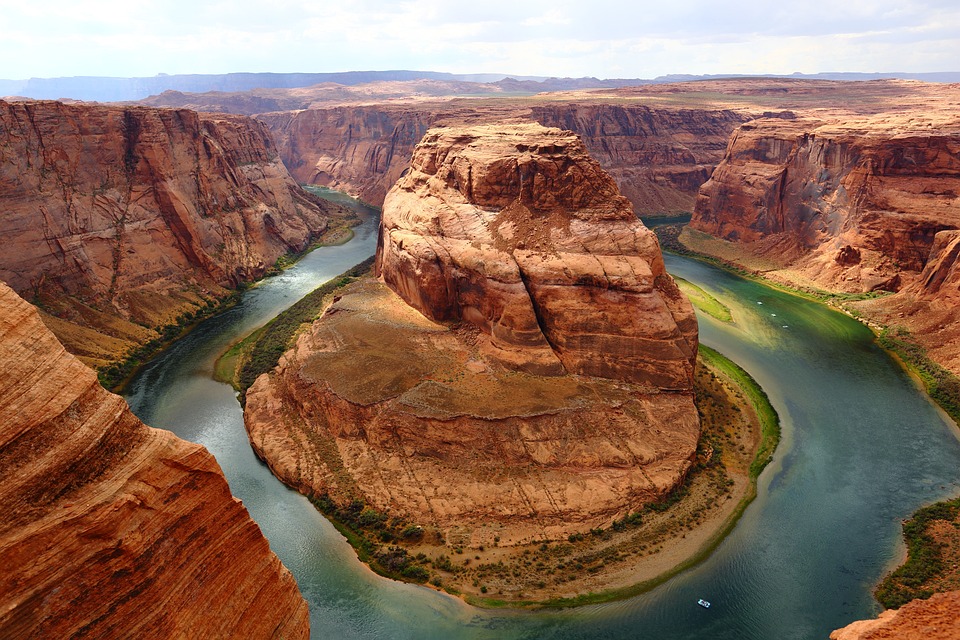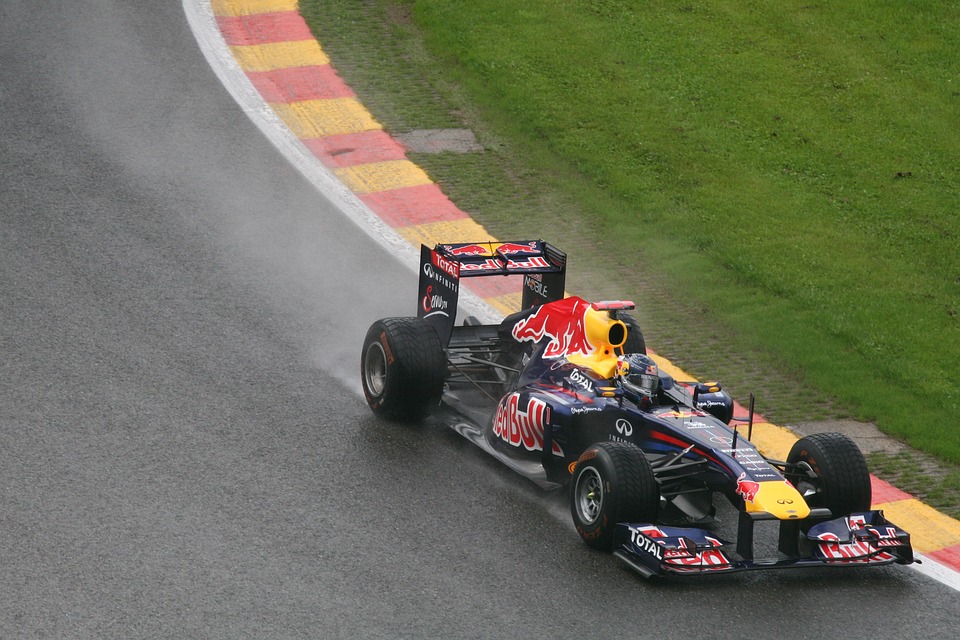Global Media Coverage of Major International Events
Global media coverage of major international events plays a significant role in shaping public opinion and understanding of world affairs. With the rise of digital and social media, news from around the world can be accessed instantaneously, making it easier for people to stay informed about what is happening on a global scale. Whether it’s political upheavals, natural disasters, or major sporting events, the way in which these events are covered by the media can influence how they are perceived by the public.
Role of the Media in Covering Major International Events
The media serves as a crucial intermediary between events happening around the world and the general public. Journalists and news organizations play a vital role in collecting, verifying, and disseminating information about major international events. Their coverage helps to inform the public, hold governments and institutions accountable, and shape public discourse on important global issues.
Media coverage of major international events can also have a profound impact on public opinion and policy decisions. The way in which events are portrayed in the media can influence how they are perceived by audiences, leading to different interpretations and reactions. For example, the media coverage of a conflict or natural disaster can influence public support for intervention or relief efforts.
Diversity of Global Media Coverage
Global media coverage of major international events is diverse and reflects the perspectives and biases of different news organizations. News outlets from different countries and regions often cover the same event in different ways, highlighting different aspects and framing the story in a way that reflects their own interests and values.
For example, Western media outlets may focus on the political implications of a major international event, while media outlets from developing countries may focus more on the impact on local populations. Similarly, state-owned media outlets may have a different perspective on an event compared to independent or privately-owned media organizations.
Influence of Social Media on Global Media Coverage
The rise of social media has revolutionized the way major international events are covered and reported. Platforms such as Twitter, Facebook, and YouTube have allowed news to spread rapidly and have enabled citizen journalists to report on events as they happen. This has increased the speed and diversity of news coverage, enabling people around the world to access information from a variety of sources.
Social media has also had a significant impact on the way events are perceived and understood by the public. User-generated content and opinions shared on social media platforms can shape the narrative around a major international event, influencing public discourse and shaping public opinion. However, the proliferation of fake news and misinformation on social media platforms has also raised concerns about the reliability and accuracy of information shared online.
Challenges in Global Media Coverage
While global media coverage of major international events has the potential to inform and engage audiences around the world, there are also challenges and limitations that journalists and news organizations face. One major challenge is the issue of media censorship and government control of information, which can prevent journalists from reporting on certain events or sharing certain perspectives.
Another challenge is the issue of biases and misrepresentations in media coverage, which can lead to misunderstandings and misinterpretations of major international events. News organizations may have their own agendas and biases that influence how they cover events, leading to incomplete or biased reporting.
Conclusion
Global media coverage of major international events is essential for informing the public, shaping public opinion, and promoting accountability and transparency in world affairs. The diversity of coverage from different news organizations and the influence of social media have revolutionized the way events are reported and understood by audiences around the world.
While there are challenges and limitations in global media coverage, journalists and news organizations play a crucial role in bringing important events to the attention of the public and holding governments and institutions accountable. By staying informed and critically evaluating the information we consume, we can better understand the complexities of major international events and engage in informed discussions about global issues.



